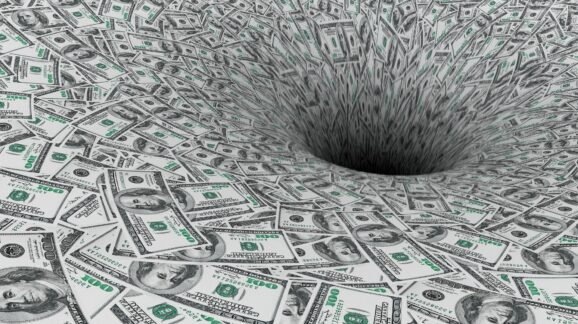Market failure? Let’s talk about government failure

Photo Credit: Getty
Government interventions in the market are often said to be justified by market failures, which prevent the free market from maximizing social welfare. What is often overlooked, however, is the symmetry between government and markets: markets fail and government often fails, too. Government failures are frequently worse than the market failures they are meant to address.
As James Madison says in Federalist 51, we are not governed by angels. Similarly, David Hume argues that “every man ought to be supposed a knave,” even in the realm of politics. There is a behavioral symmetry between government and the market. Individuals in both spheres are fallible and act in their own self-interest.
Government fails by implementing policies that promote private interest at public expense, and it fails when policies intended to serve the public interest fail to do so.
Government can fail to act in the public interest by instead furthering the interests of those in government or those connected to the government. The insight that government officials act in their own self-interest is the foundation of public choice theory, which analyzes government and politics through an economic lens. Politicians often vote for policies which benefit special interests, who in turn support the politicians by voting for them or contributing to their reelection efforts.
Take the sugar industry, which lobbies Congress for sugar tariffs and subsidies at the expense of sugar consumers who pay higher prices for sugar. Or consider George Stigler’s regulatory capture theory, which explains how special interests take control of regulatory agencies intended for the public interest and exploit them for private benefit, such as when the trucking industry captured the Interstate Commerce Commission in the early 1970s. Legislation and regulations that are claimed to be in the public interest often instead serve private interests at the public’s expense.
Government can fail even when policies are honestly intended to serve the public interest. Because government officials are not omniscient, they lack knowledge of what policies should be undertaken, how effective they will be, and whether they will have adverse unintended consequences. Rent control, while intending to make housing more affordable, creates various unintended consequences, including reducing new construction and causing under-maintenance.
Private entrepreneurs must compete with other entrepreneurs by better satisfying consumer wants, so they must minimize waste and accurately forecast consumer demand to make profit. Government, on the other hand, is not subject to this competition and, as Ludwig von Mises argues, cannot determine whether a government program is allocating resources efficiently without profit and loss calculation. For example, California’s high-speed rail project was intended to correct the perceived market failure of an underprovision of public transport. The project has been an utter failure, wasting tens of billions of dollars and failing to achieve its original goals.
These are just a few examples of government failing to correct perceived imperfections in the market. Behavioral symmetry is an important concept: government officials, just like private individuals, are fallible and self-interested, and act like it. When confronting market failures with government policy, we must consider that the government solution is often worse than the problem itself.